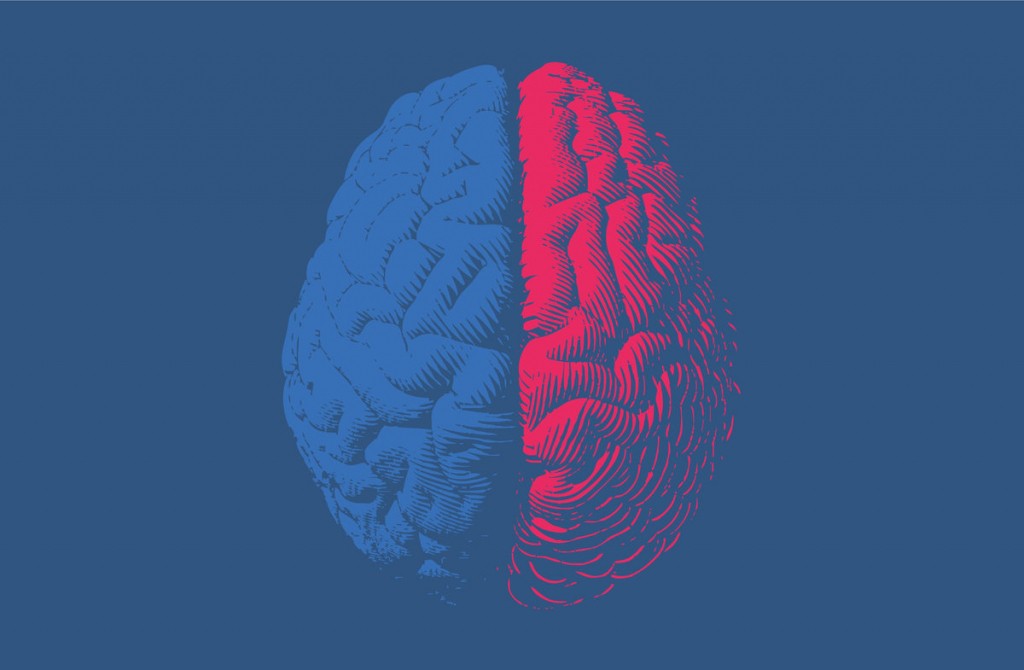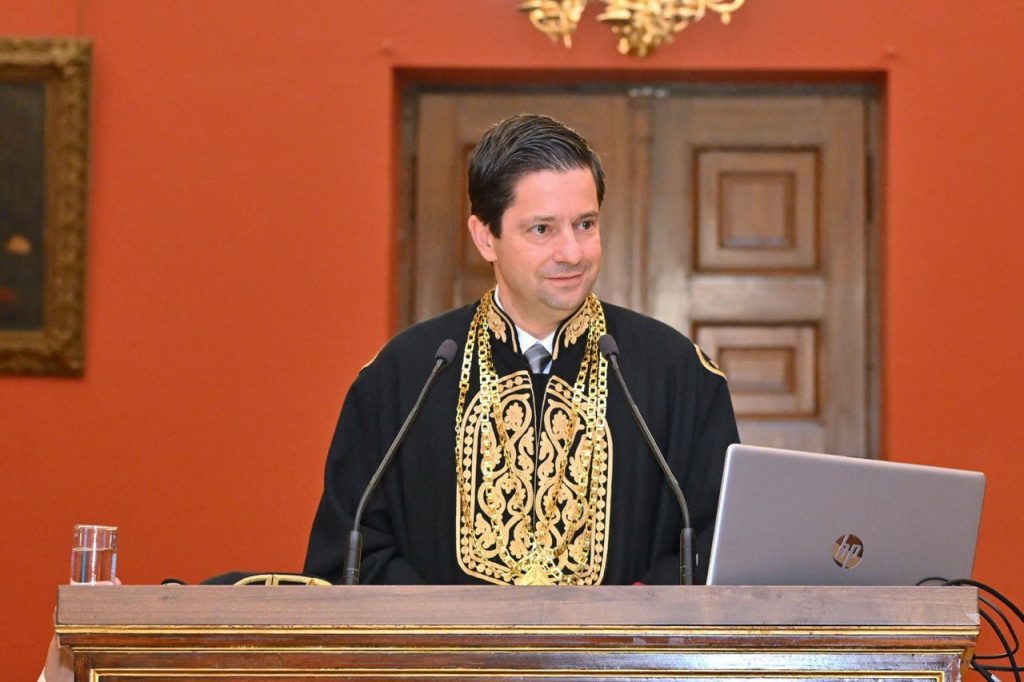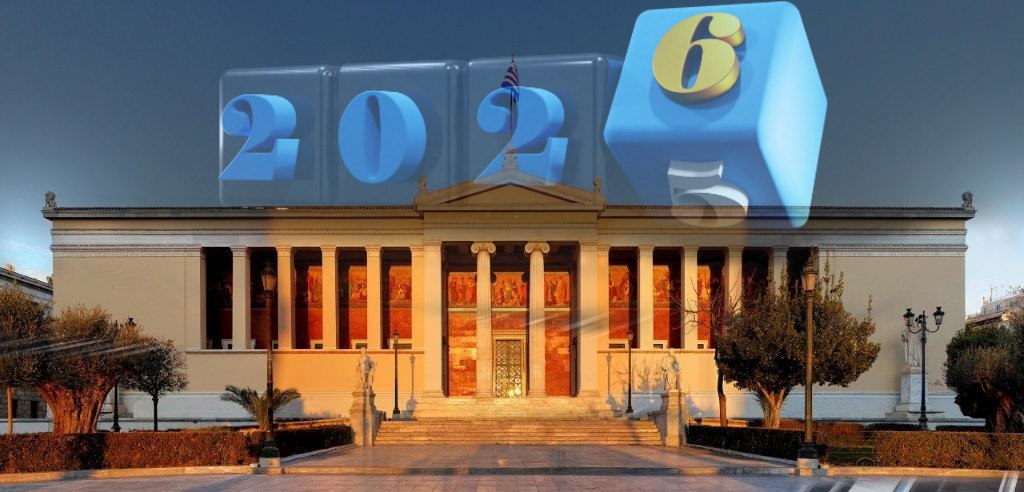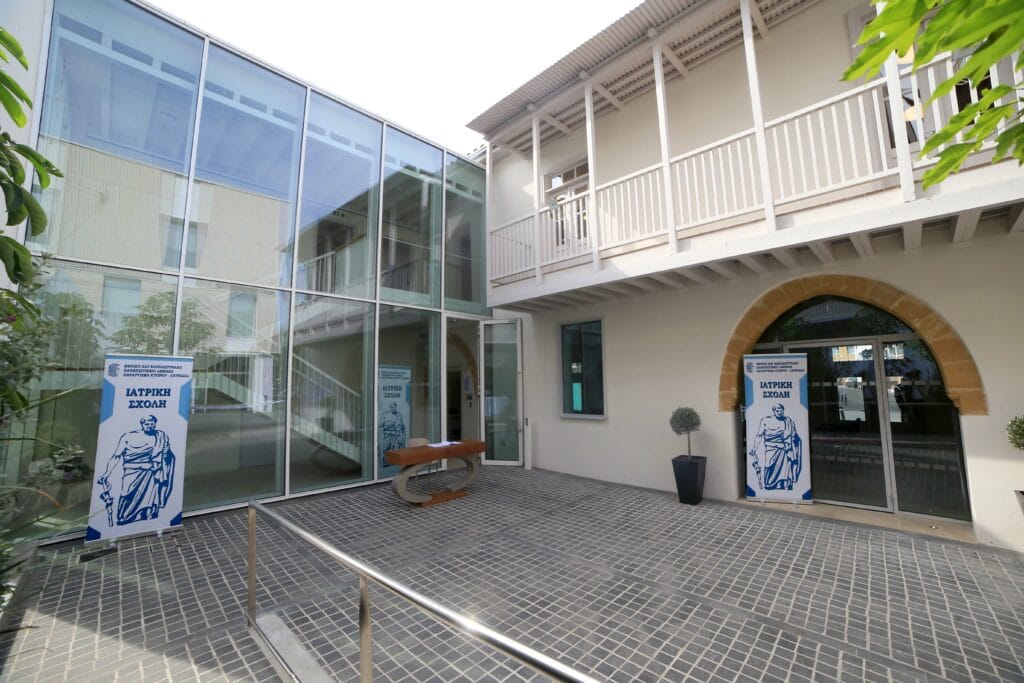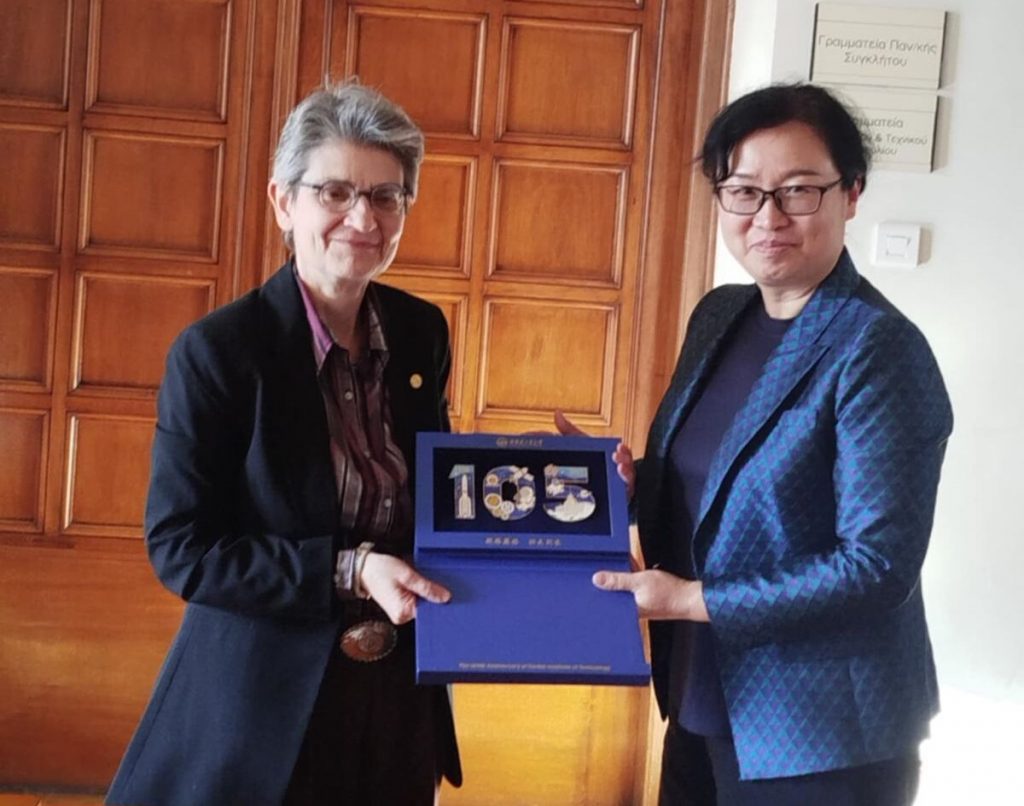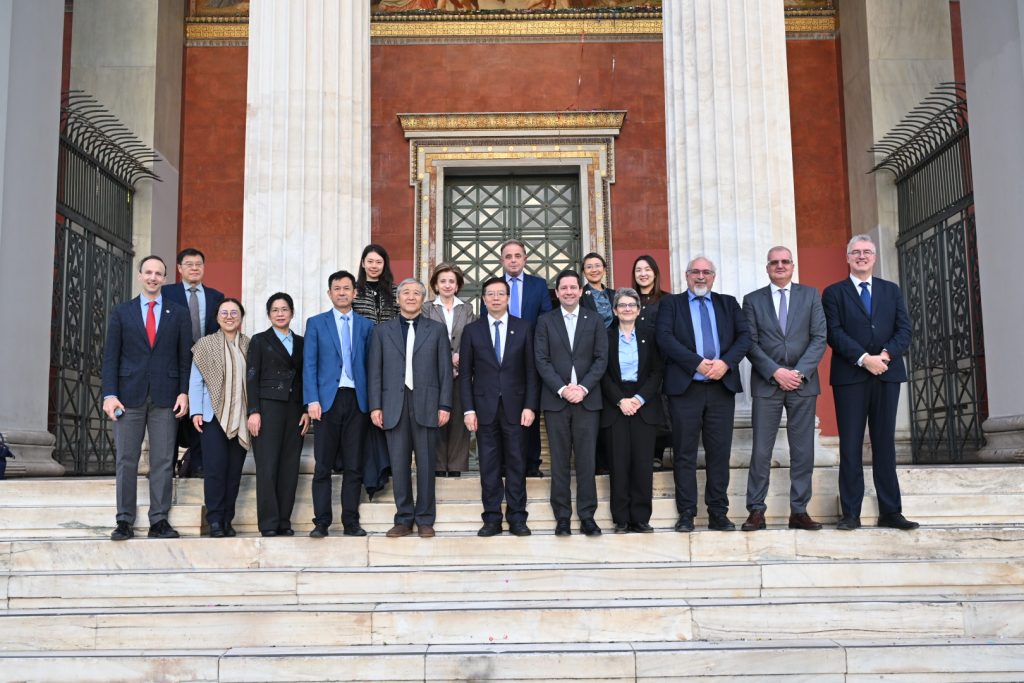Does the way you write—by hand or on a keyboard—change how your brain’s hemispheres process language? And does that differ between left-handers and right-handers? Cerebral lateralization, the specialization of cognitive functions in one hemisphere of the brain, is well-established for spoken language, with the left hemisphere typically being the dominant one, especially for right-handers. However, the neural mechanisms underlying written language—both handwriting and typing—remain less studied, particularly in left-handed individuals.
A new study investigates the complex relationship between language lateralization and means of writing, shedding light on how brain hemispheres contribute to handwriting and typing in left-handed and right-handed individuals. The study, recently published in the European Journal of Neuroscience, was led by Dr Marietta Papadatou-Pastou, an Assοciate Professor at the National and Kapodistrian University of Athens, with contributions from a multinational team of researchers from institutions in Greece, Australia, and Canada. Mr. Christos Samsouris, PhD Candidate in NKUA, is the first author.
Writing is a fundamental tool for communication, learning, and creativity, allowing us to record ideas, share knowledge, and express ourselves across time and space. In today’s digital world, typing has become just as essential, enabling faster, more efficient communication and access to vast amounts of information. Beyond convenience, typing is essential in education and professional settings, shaping how we learn, work, and communicate. Additionally, research suggests that typing, like handwriting, engages cognitive processes related to language and memory, highlighting its importance in modern literacy.
Utilizing functional transcranial Doppler ultrasound (fTCD), a non-invasive technique that measures cerebral blood flow, researchers aimed to study cerebral lateralization in left-handers and right-handers. They then compared cerebral activation during written word generation to the activation during matched control tasks (namely letter copying for handwriting and random key presses for typing), to uncover the neural mechanisms underlying the linguistic component of written language and its lateralization.
Consistent with the pre-registered hypothesis, the study found no difference in the cerebral lateralization of the linguistic component of writing between handwriting and typing. These results highlight the potential of keyboard-based writing as a viable tool for studying the neural basis of written language. However, the evidence regarding potential differences between left-handers and right-handers was inconclusive.
Most neuroimaging studies on writing have focused primarily on right-handers, despite left-handers making up around 10% of the population. While our study did not find conclusive evidence for a difference between handedness groups, including both was essential for capturing the full variability of written language lateralization. A more inclusive approach -such as the one employed here – in future research will help refine our understanding of how writing is represented in the brain across individuals.
For more information or to access the complete academic paper, please visit the following link.


